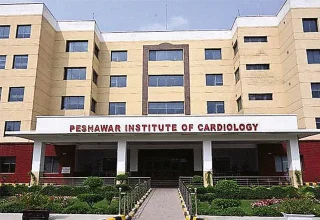
Blood pressure is regularly monitored in hospitalized patients. Severe high blood pressure can lead to heart attack, stroke, or damage to blood vessels and organs such as the heart, brain, kidneys, and eyes.
Most hospitalized individuals, on the other hand, have transiently elevated blood pressure without evidence of organ damage, known as silent hypertension, and are sometimes treated with blood pressure medications. However, there are few data to guide such therapy decisions.
In a retrospective cohort study, physician-researchers at Beth Israel Deaconess Medical Center (BIDMC) examined hypertension treatment in more than 66,000 older adults who were hospitalized for non-cardiac conditions.
The team found that receiving intensive antihypertensive treatment as an inpatient was associated with a greater risk of adverse events, especially for patients receiving intravenous drugs as opposed to oral.
The findings, published in JAMA Internal Medicine, do not support treatment of asymptomatic hypertension in hospitalized older adults and highlight the need for further study of best practices for inpatient blood pressure management.
Anderson, assistant professor of medicine at Harvard Medical School. “Until we have more definitive randomized clinical trial data, our results suggest that the safest route is to measure the underlying cause of inpatient blood pressure and potentially rethink clinical practice. Pressure should be the exception rather than the rule.”












































